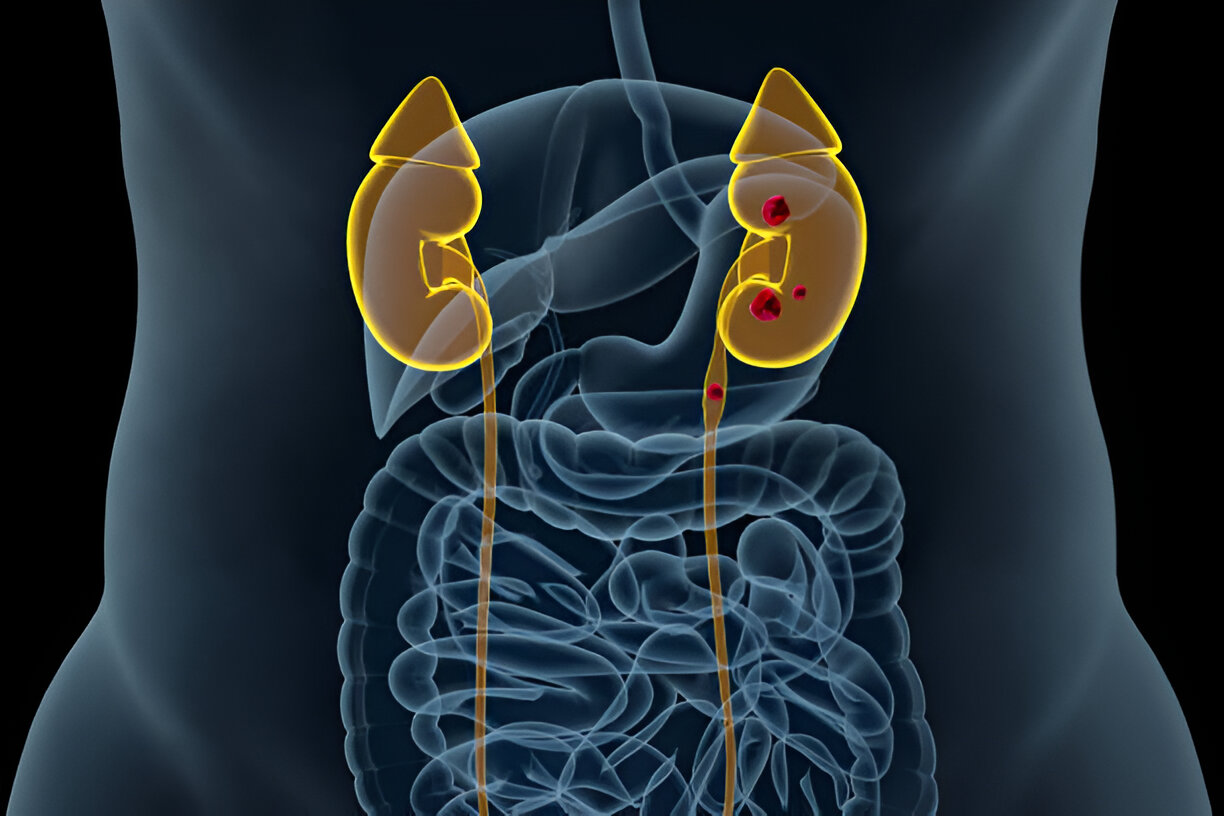
Best Doctor for Kidney Disease In Chembur
Kidney disease can affect your body's ability to clean your blood, filter excess water from your blood and control your blood pressure. It can also affect the red blood cell production required for bone health and vitamin D metabolism. You are born with two kidneys. Best Doctor for Kidney Disease In Chembur. They are above your waist, both sides of your spine.
When your kidneys are damaged, waste products and fluids can manufacture in your body. This can cause swelling in your ankles, nausea, weakness, poor sleep and shortness of breath. Without treatment, damage can worsen and your kidneys may eventually stop working. It is serious, and it can be a threat to life.
Kidney Disease Causes
Acute Kidney Disease (Acute Kidney Injury / Acute Renal Failure) :-
- Not enough blood flow to the kidneys
- Direct damage to the kidneys
- Urine backed up in the kidneys
Chronic kidney disease causes
- Diabetes (type 1 and 2) and hypertension are the most common criminals. Over time, high blood sugar levels can damage your kidneys. And hypertension makes you wear and tears on your blood vessels, in which your kidneys go into the kidneys.
- The defects present at birth can block the urinary tract or affect the kidneys. One of the most common people contains a type of valve between the bladder and the urethra. A urologist can often perform surgery to cure these problems, which can be found while the baby is still in the womb.
- Drugs and toxin-like lead poisoning, NSAID (nonsteroidal anti-inflammatory drugs) such as ibuprofen and neprocksen and Ivy Street Drugs, some drugs, including long-term use-can permanently damage the kidneys. So some types of chemicals can occur over time.
Symptoms of kidney disease
Your kidneys are very adaptive. They can compensate for some problems that can occur in case of kidney disease. Consult with Dr. Swapnil Tople for kidney disease in chembur. So if your kidney damage gradually deteriorates, your symptoms will slowly reveal yourself over time. In fact, you cannot feel symptoms until your disease is advanced.
- High blood pressure
- Nausea and vomiting
- Loss of appetite
- A metallic taste in your mouth
- Fatigue
- Weakness
- Trouble thinking
- Sleep issues
- Muscle twitches and cramps
- Swelling in your feet and ankles
- Itching that won't go away
- Chest pain if fluid builds up around the lining of the heart
- Shortness of breath if fluid builds up in the lungs
How to Diagnose Kidney Disease
Your doctor will start by asking questions about your family medical history, which medicines you are taking, and if you notice that you are urinating less or less than normal. After that, they will do a physical examination.
You can also have:
- Blood tests to see how much waste product is in your blood
- Urine tests to check for kidney failure
- Imaging tests, like an ultrasound, to let the doctor see your kidneys
- A kidney biopsy, where tissue from your kidney is sent to a lab for testing to figure out the cause of your kidney issues
